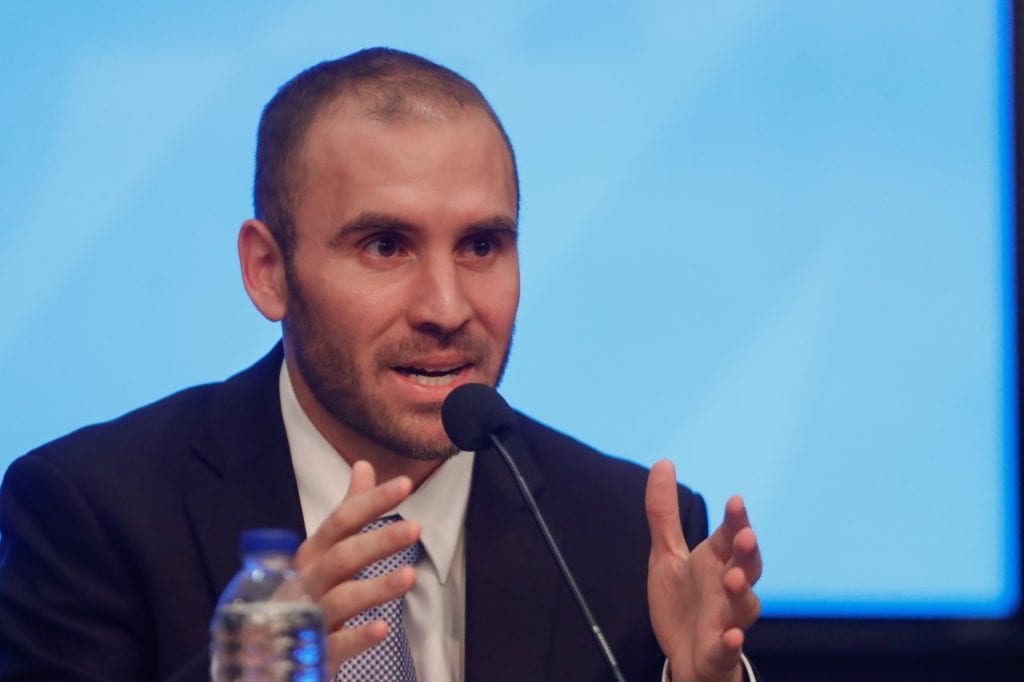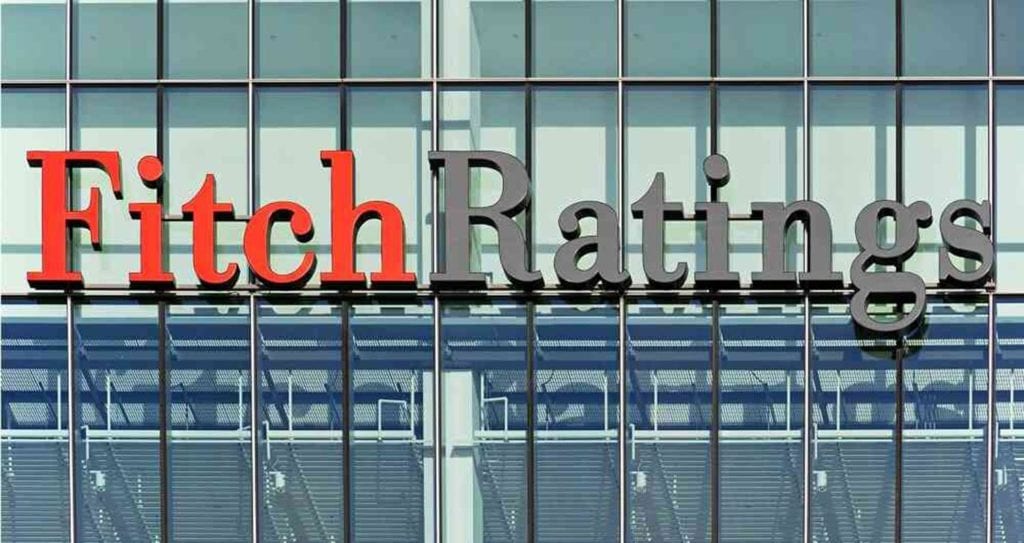On April 20, the largest holders of Argentine state bonds rejected a proposal by the Latin American government to restructure its foreign debt totaling about $ 83 billion, which increases the likelihood of a ninth default. What awaits Argentina in the near future? How does the Argentine government intend to “get out” of the economic crisis?
Last week, the Argentinean authorities refused to pay interest on three issues of government bonds in foreign currency for a total of about $ 500 million by April 22. The Minister of Economy of Argentina Martin Guzman (Spanish – Martín Maximiliano Guzmán) made an official statement that the government of the country intends to use the 30-day grace period for interest payments, while continuing negotiations with foreign creditors on debt restructuring.

According to a number of economic analysts, such a decision by the government of the Latin American country was expected. It is worth considering that a week before the official statement, Guzman presented a plan for the restructuring of Argentina’s state debt, which, according to his forecasts, should reduce the state debt burden by more than $ 40 billion. In addition, international observers from “The Wall Street Journal” several days ago suggested that next month Argentina may announce another default.
In response to a statement by the Argentinean Minister of Economy, three groups of creditors last week issued statements that they were not ready to agree with the government’s proposal to defer payment of interest on debt until 2023 and the principal amount of debt until 2026 when writing off 62% of coupon payments on the total $ 38 billion and 5.4% of the principal amount of $ 3.6 billion.
Thus, it is necessary to understand who is included in each of the three groups of the aforementioned creditors, and what arguments they are guided by. The first group represents holders of more than 16% of this type of securities, whose consultant is the law firm “Quinn Emanuel Urquhart & Sullivan”. The participants include hedge funds such as “Monarch Alternative Capital” and “HBK Capital Management”, as well as large institutional investors “Fidelity”, “BlackRock”, “Ashmore” and others. On April 20, this group announced that, instead of following a course of constructive collaboration, the Argentinean government preferred to offer creditors unilaterally. The official statement notes that investors believe that all stakeholders in the country should contribute to finding a solution that will put the country on the path to sustainable growth and financial stability. However, in their opinion, the conditions proposed 2 days before the deadline do not meet this goal and suggest that a disproportionate share of long-term debt adjustment measures will “fall on the shoulders” of foreign holders of government bonds.

As for the second group of creditors, its participants in total own more than 25% of the bonds of Argentina issued after 2016, as well as more than 15% of the bonds sold to them in the framework of the previous restructuring. The consultant of this group is a law firm with a representative office in New York, “White & Case”.
Finally, the third group of creditors includes the largest Swiss financial holding company “UBS Group AG” and the Argentinean Company “Mens Sana Advisors”, which also refused the terms of the proposal of the government of Argentina, drawing attention to the fact that it was worked out “without serious negotiations”.
In addition, almost all small investors also did not accept the proposal of the Argentinean government. In response to the rejection of the proposed conditions, Martin Guzman during his speech on “El Destape” radio station said that such a response from the creditors was quite expected and was caused by their desire to put pressure on the government in order to achieve more favorable conditions in the framework of debt restructuring. Nevertheless, according to him, Argentina is already “one step away” from another default, therefore, the Argentinean authorities could not offer other options. Guzman called this prospect “irresponsible”, noting that the government is not able to raise funds in financial markets.
Thus, 20 days were allotted to agree with creditors. It is noteworthy that the negotiations will end shortly before the Argentinean government has to make next payments on external debt, which is about $ 500 million. Their period has already expired on April 22, and the Latin American country has a 30-day grace period for payments.

To summarize, it is worth citing data from reputable international agencies. At the beginning of last week, the rating agency of the “Fitch Group” financial corporation already lowered Argentina’s long-termforeign currency issuer default rating (IDR) from “CC” to “C”. A credit rating is a financial instrument for measuring the degree of reliability of bonds issued by a company, corporation, or even one or another state. The rating is assigned by special agencies. The long-term ratings assess the issuer’s ability to timely fulfill its debt obligations. Indicators of the rating agency “Fitch Ratings” has the letter designations “A”, “B”, “C”, according to which “A” means the most solvent companies (states), and “C” – the opposite. Returning to the “Argentinean” issue, the rating “CC” means “extremely speculative obligations”, and “C” – “are close to default (or already in default) with a small chance of a refund”. In turn, another rating agency “S&P Global Ratings” said on April 17 that it did not intend to change Argentina’s ratings following the announcement by the country’s government of the terms of the debt restructuring, given that, according to its scale, this state is already at the “SD” level (selective default).


